As you approach retirement, many of you might consider downsizing your house. A smaller house is simply more economical and efficient to manage. However, it is easy to fall into the trap of finding a perfect home when house hunting.
Here’s a list of 17 types of houses you need to avoid after retirement:
The Noisy Neighbor House

Retirement is a time when you want to live in tranquility. A house beside a busy street or noisy neighborhood can disrupt mental peace. Such houses might be available at lower prices than the market average. Nevertheless, if you prioritize peace, you need to steer clear of the house that’s too noisy.
The Oversized Mansion
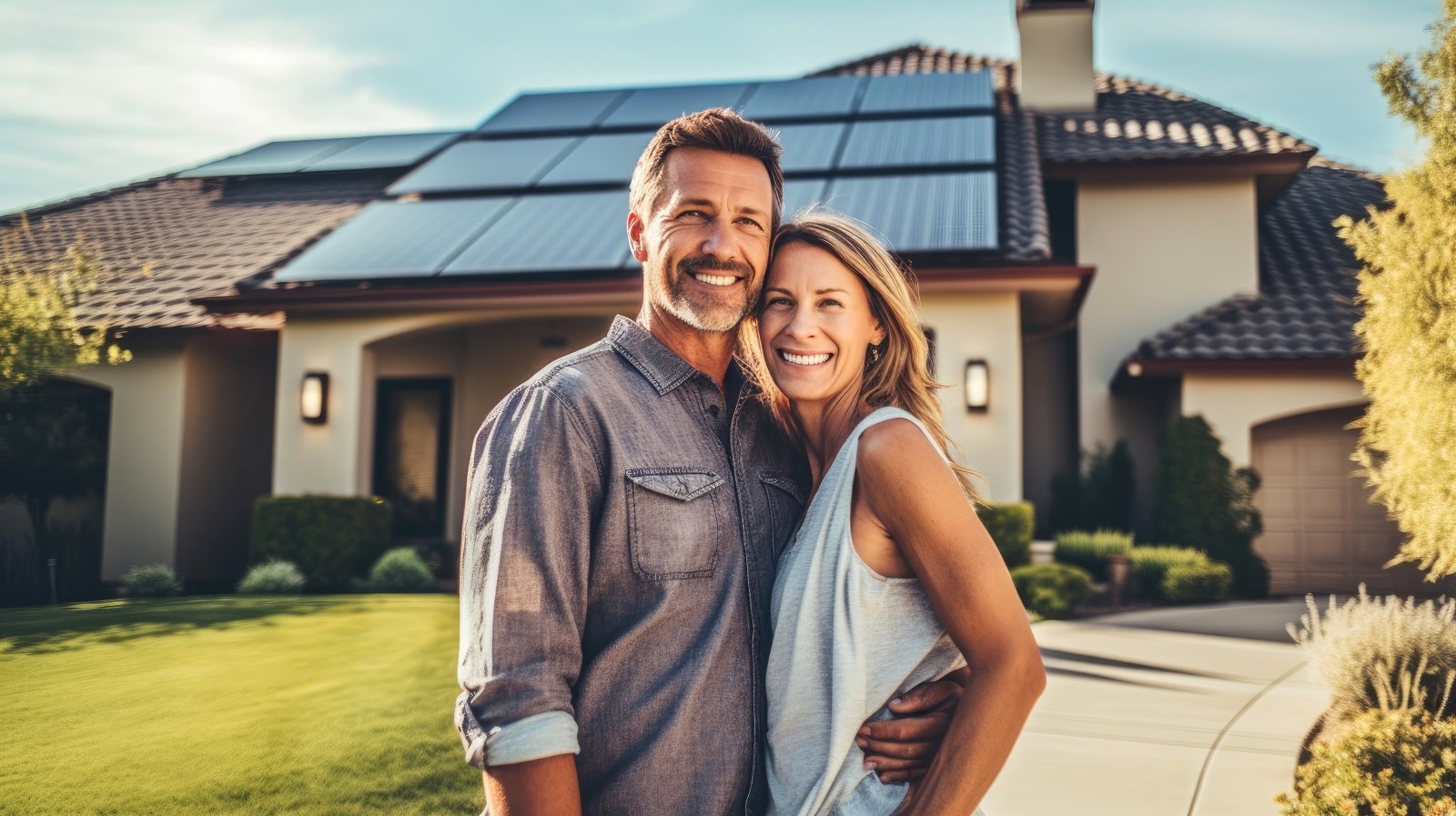
The idea of ample space and luxurious living might tempt you to choose the oversized mansion. However, oversized houses lead to unforeseen expenses even if the rent or price is low. For example, the maintenance cost increases with the size of the house. Large houses aren’t the best choice if you want to downsize to find a home within your budget.
The Home in a High-Tax Area

When downsizing to a budget-friendly home, rent shouldn’t be your only consideration. Properties located in areas with high property taxes can drain your retirement savings. Before making a move, research the tax implications and charges you may incur in that area. Ensure the cumulative cost is lower than what you pay for the current house.
The Rustic Old Property
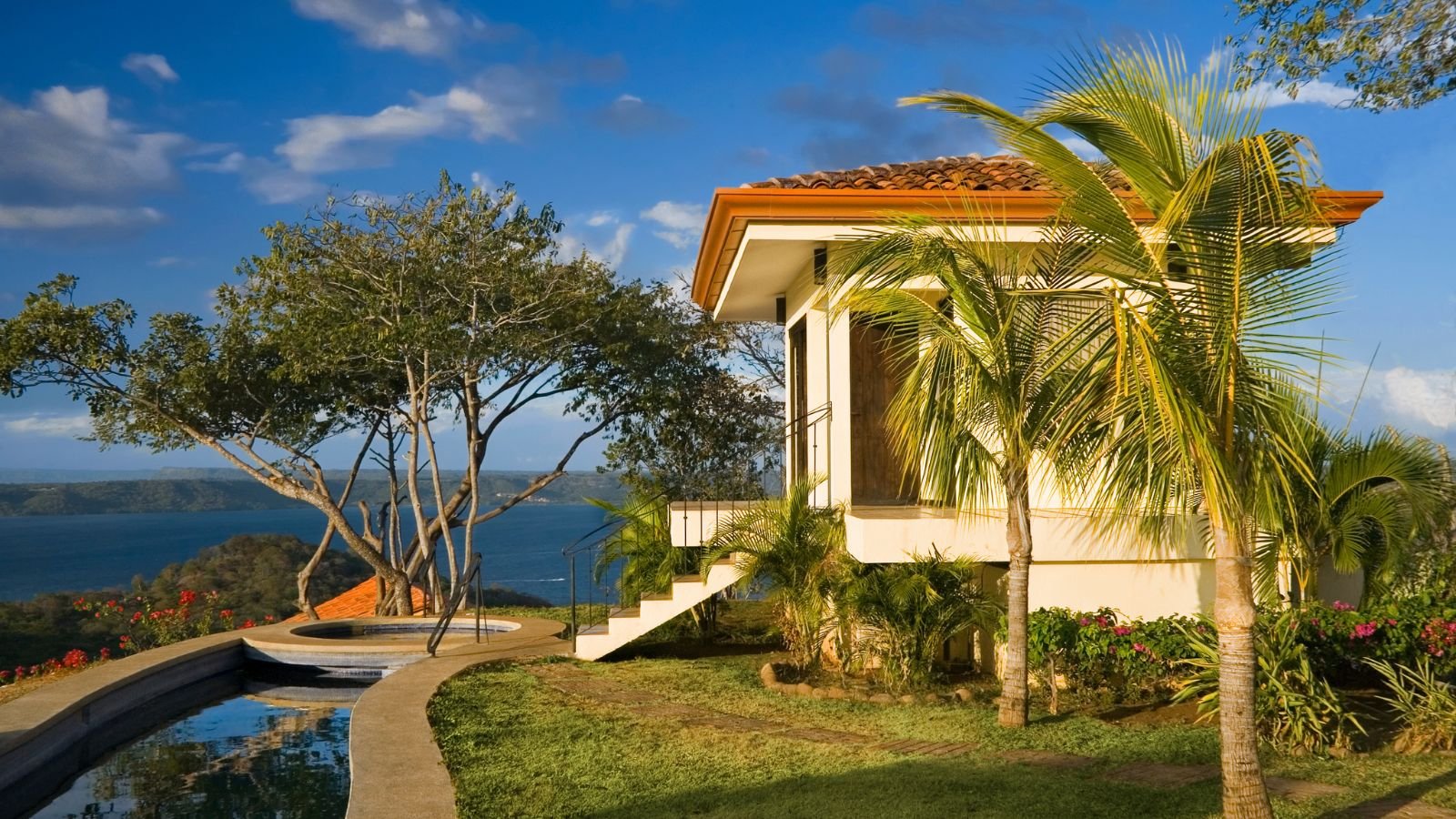
Historic properties have a distinct charm. They also require dedicated maintenance and more care as they are old. A rustic property isn’t suitable post-retirement if you want a laid-back lifestyle. You’ll have to put in extra effort to maintain the property, depending on its condition.
The Overpriced Vacation Home

Vacation homes are often located in places that are in high demand. Whether a beachfront property or a hillside home, they usually cost a lot. Moreover, you might not like the location as much as you thought if you lived there daily. Usually, vacation properties after retirement aren’t worth the price.
The Fixer-Upper

A fixer-upper is a cheap property that needs a lot of maintenance. Many people consider fixer-uppers a great deal as they can transform it into their dream home. In reality, fixer-uppers demand too many repairs, eating up your savings. Investing in a smaller, ready-to-use property is better than a fixer-upper.
The Flood-Prone House
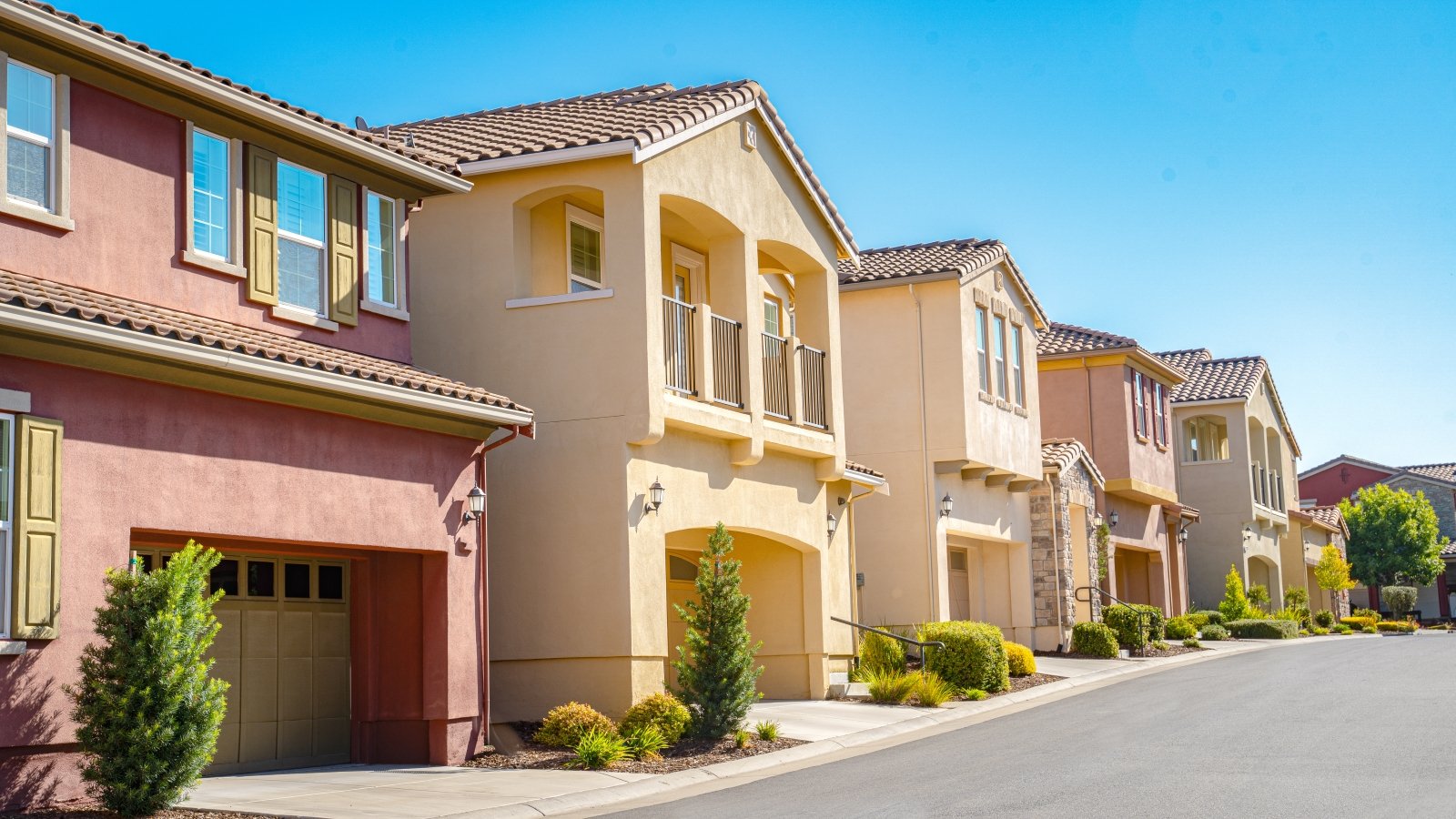
Properties in flood zones are a strict no for your post-retirement home. Even if there is no recent floods, you can potentially encounter serious water damage. You will also need to pay for flood insurance, which is quite expensive. Flood-prone houses have low upfront costs but can cost a lot later.
The House With No Amenities

If you are looking for a post-retirement property, you must have all the necessities nearby. Medical and police facilities should be close by in case of emergencies. A property with no amenities nearby will have a price lower than the market value. Don’t get tempted, as it’s a risky move that can lead to fatal consequences.
The High-Maintenance House

Large yards, beautiful lawns, or backyard ponds look great in any house. They also require constant maintenance to continue looking beautiful. This can be expensive and time-consuming, especially if hiring others for maintenance. Having minimal gardens and yards at your house after retirement is best.
The House With High HOA
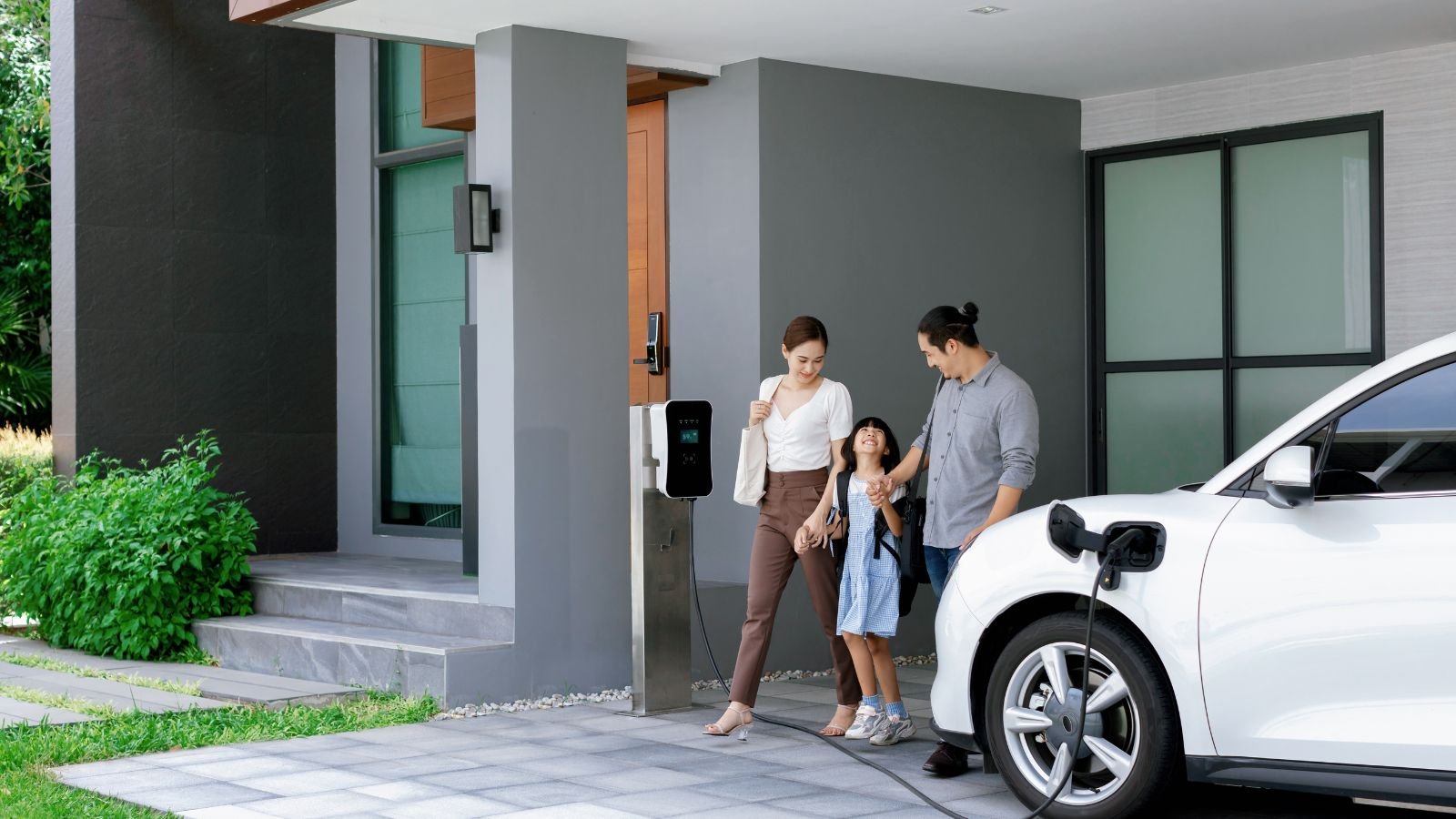
Homes in communities governed by the Homeowners Association (HOA) have great amenities. If you want a HOA home, you should also look at different areas to compare the fees. Some areas have high HOA costs with little to no amenities. Always search for the best HOA properties to enjoy a stress-free retirement.
The Three-Story House
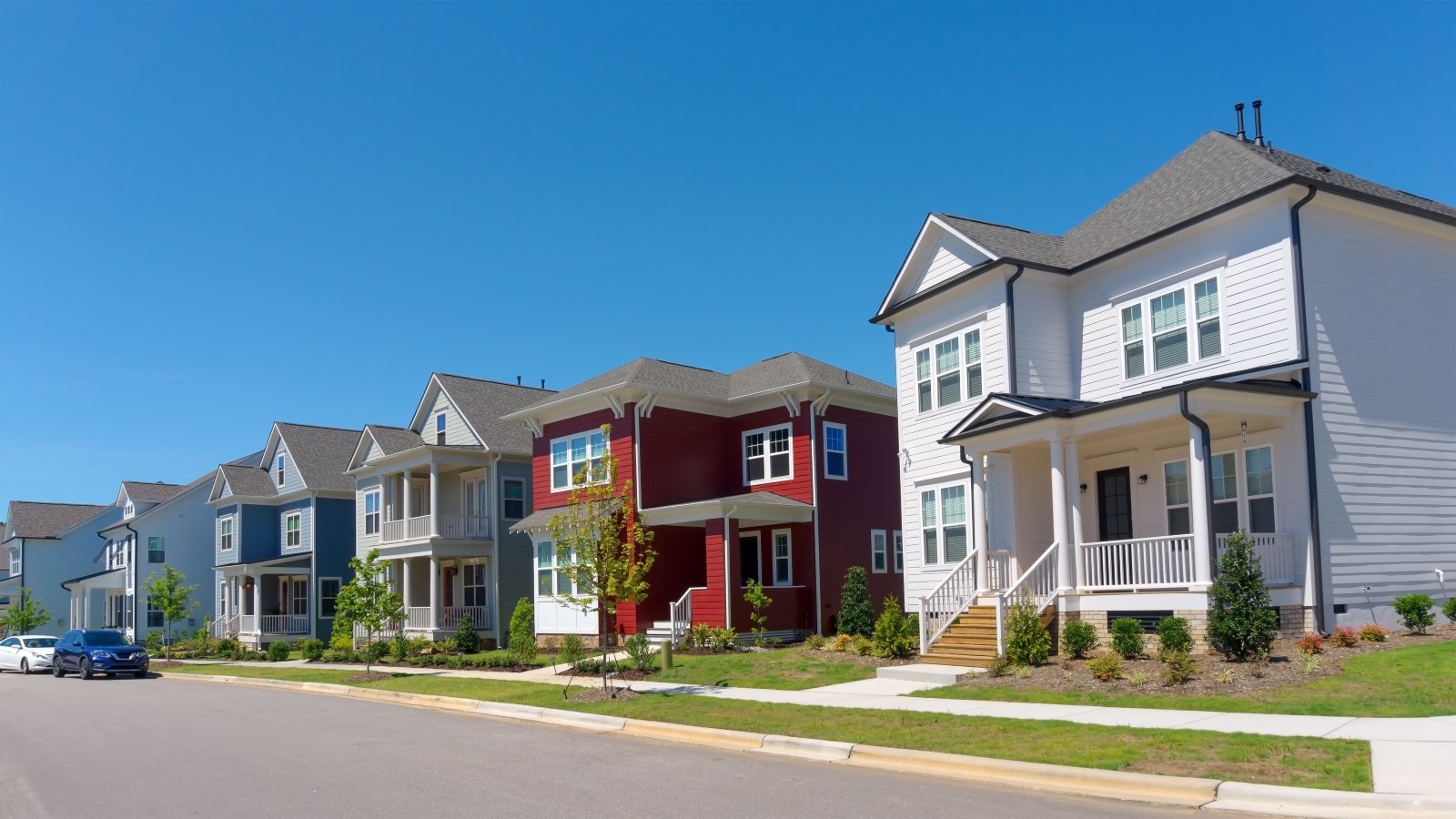
Navigating a multi-story house requires constant use of stairs. As you age, this might become a serious concern. It is better to stick to single—or two-story buildings at maximum as you near old age.
The Isolated Rural House
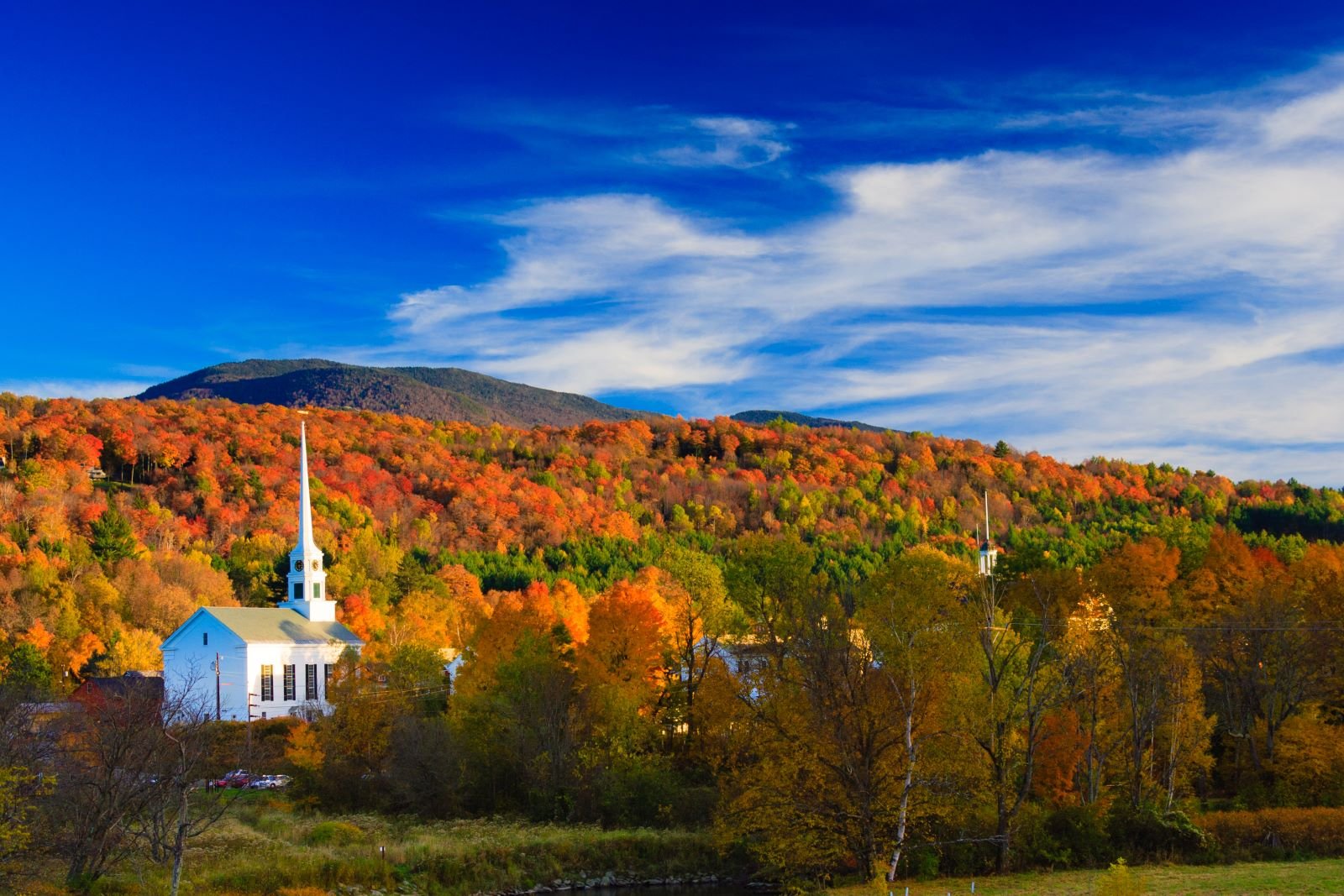
Rural areas offer the peace and tranquility that retirees often seek. However, they are also disconnected from most amenities, which is not ideal for old age. If you are looking for a post-retirement home, look for properties in suburban areas. You will be close to essential facilities while also enjoying a peaceful lifestyle.
The Too-Good-To-Be-True Home

It’s easy to fall into scams when looking for real estate deals. If you find a house that’s too cheap for the amenities, it’s better to be wary. Extremely low prices can reflect hidden issues like pest infestations or legal complications. Remember, if a deal is too good to be true, it probably is.
The Energy-Inefficient Home

When looking for houses, ensure that the property has modern, energy-saving facilities. Energy-inefficient homes can lead to high utility bills, which can drain your savings. To ensure comfort and affordability, look for houses with features like solar power.
The Complicated Property

Some houses are cheap but have highly complicated layouts. You might be unable to properly utilize any room due to improper building plans. You might also encounter issues with navigating around the property. To avoid this, look for houses that have straightforward layouts.
The Bad-Climate House
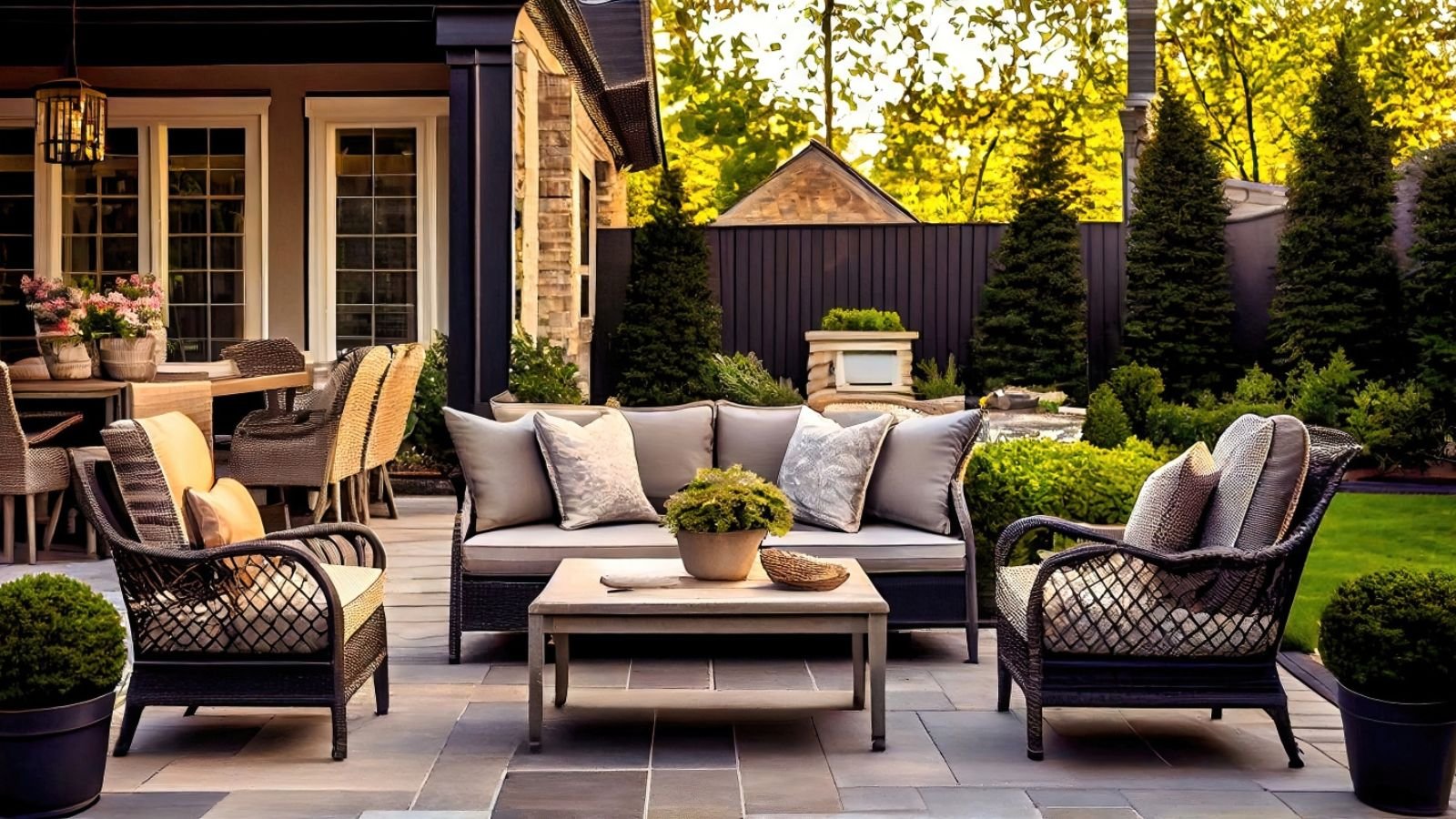
If you are switching to a different city, it is better to look at the weather conditions first. Properties located in areas with adverse weather conditions may be cheaper. However, you will need to make too many adjustments in terms of heating and cooling systems. Look for climate-friendly locations if you want to keep your budget secure.
The High-Risk Investment

Properties in areas with declining housing rates can be risky investments. You might not be able to recover the initial property costs if you decide to sell it in the future. Instead, look for properties in areas with a thriving real estate market. This ensures financial security in the future.
